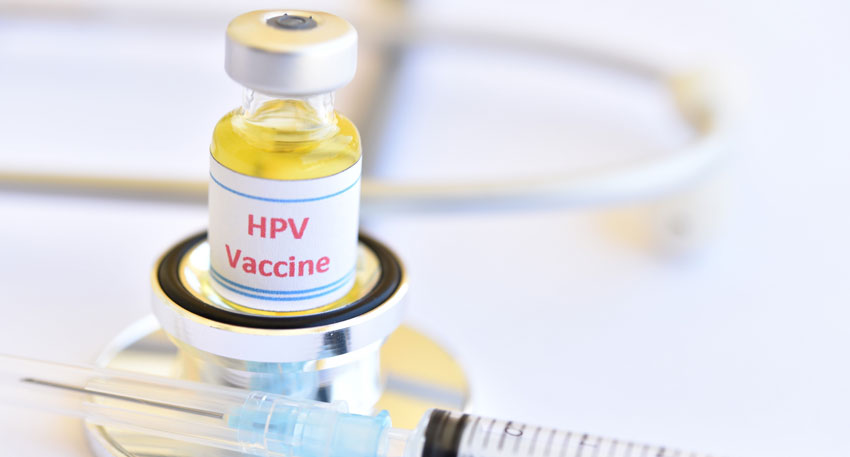
The campaign kicked off on September 15 and will go on till September 27 with an aim to immunize young girls from a condition that quietly takes thousands of lives annually.
Health officials launched the rollout with a series of awareness sessions, handing out brochures and colorful charts to parents, answering questions, and addressing concerns. Chairs were filled by mothers at schools and community centers, with a few fathers in the room as well. Parents inquired if the vaccine could influence fertility, menstruation, or religious permissibility — all dispelled misconceptions authorities are working hard to eliminate.
Also Read: Dengue cases surge across Punjab, hospitals report rising admissions
To ensure maximum coverage, schools have been made vaccination centers on the conditions of prior parental consent. Over 6,200 outreach teams and 13,000 social mobilizers have been sent to target out-of-school girls, flood-affected populations, migrants, and vulnerable groups like red-light areas. Hujras, health worker residences, and community centers have been made vaccination kit stations.
HPV-induced cervical cancer is the third most prevalent cancer in women in Pakistan and the second most common in women between the ages of 15 and 44. Over 5,000 new cases are diagnosed annually, and almost 64% end up in deaths. Cervical cancer is the fourth most prevalent cancer in the world among women.
Health experts also stress that the HPV vaccine is safe, although it can cause mild side effects like soreness, tiredness, or fever.




